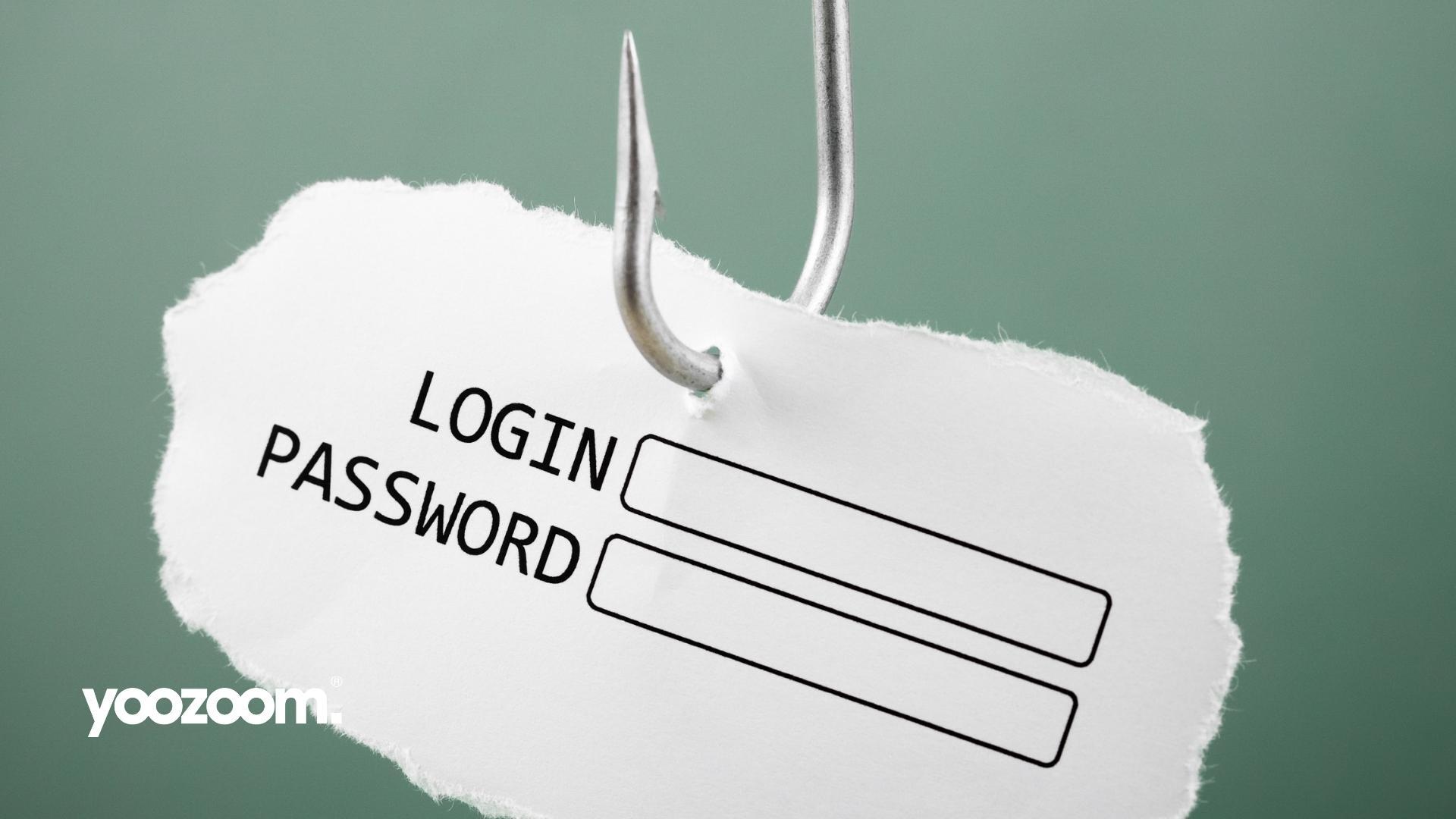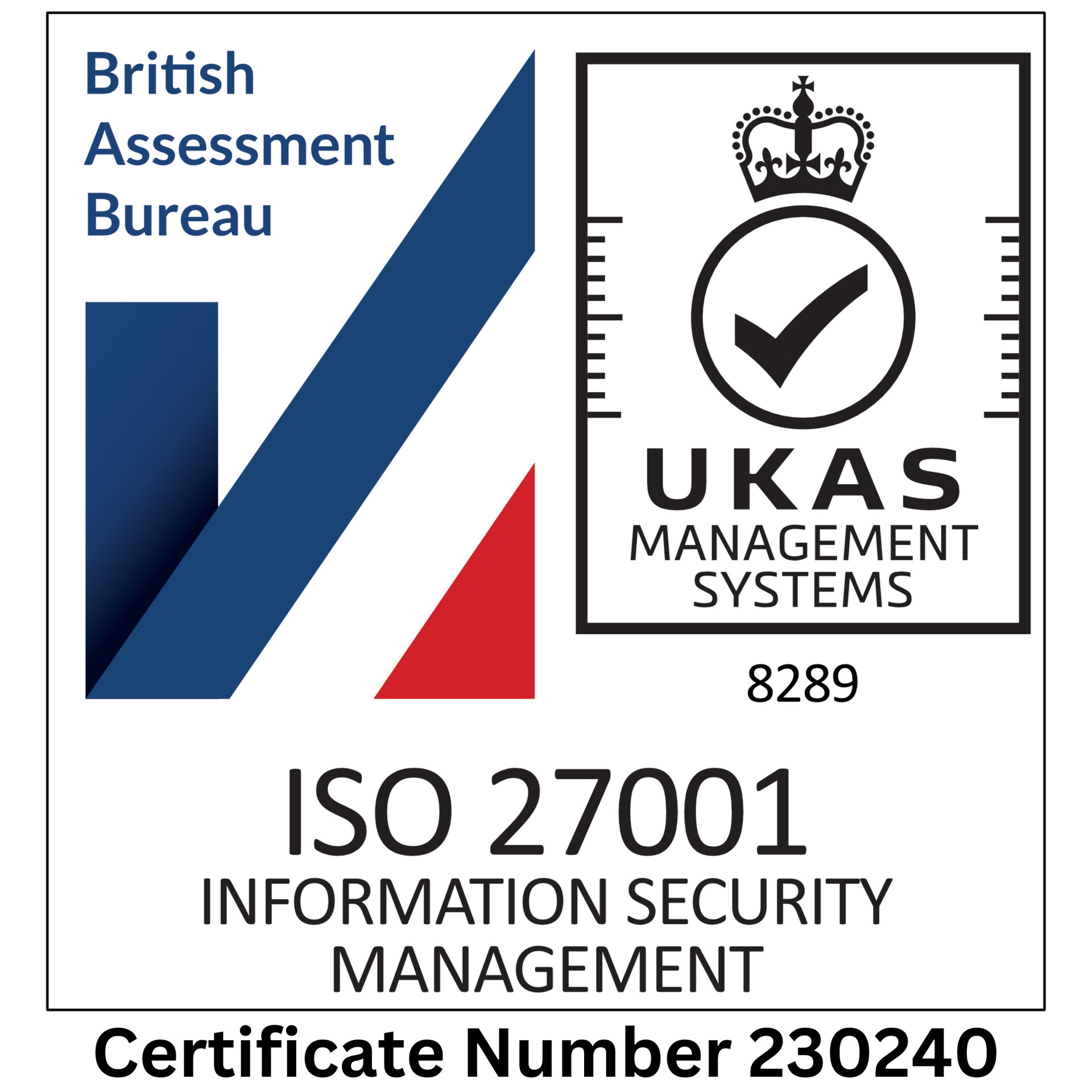Cloud security: everything you need to know
94% of all enterprises use cloud services – but do 94% know enough about cloud security? Read on to find out more about staying safe in the cloud.

For more than ten years, we've helped businesses of all shapes and sizes migrate to the cloud – and we were doing it long before cloud technologies became the default.
Naturally, then, we're going to cheerlead for cloud migration. Given that 94% of all enterprises use cloud services, you probably don't need convincing – but some companies still store all or some of their data on-premises, and we're here to help them make the switch.
For any cloud-sceptics out there, let's quickly run through the advantages:
- It cuts costs. Cloud computing runs on single monthly payments, rather than the mounting costs of hardware, utilities and maintenance that on-premise data centres require.
- It's scalable. You can easily scale your infrastructure in response to market demand.
- It's reliable. Letting a cloud provider take care of problems means any server downtime will be brief.
- It's accessible anywhere. This has a clear benefit in the age of flexible working. Staff can seamlessly access and collaborate on documents wherever they are.
Above all, it's secure – but it doesn't make you invincible.
In this article, we're going to take a look at cloud security. But first, the question on everyone's lips…
What exactly
is the cloud?
Put simply, "the cloud" encompasses any software or service that exists online and not on your personal device. If you save files, images and videos on Google Drive or Dropbox – that's the cloud. You can access them through your device, but they don't live there – they reside instead on the servers of third parties, way on high in the cloud.
A key advantage to these technologies is that you're able to access these files any time, any place, as long as you're connected to the internet. You don't need to be in a particular room, at a particular desk or on a particular device, inserting a particular disc.
Cloud technology is increasingly ubiquitous. Here are some examples you might have heard of:
- Amazon Web Services
- Microsoft Azure
- Google Workspace
- Gmail
- Office 365
- Streaming sites like Hulu and Netflix
All of these store their data in the cloud – not on your device.
How secure is the cloud?
The idea of data floating around in some vaporous digital sky might make you nervous – not least because it lacks the reassuring concreteness of a USB stick or external hard drive. You might also be aware of high-profile cloud breaches like the
iCloud data breach in 2014.
Let's get this straight: cloud technologies aren't invulnerable to cyber criminals. But corporations like Microsoft, Apple and Google have the resources to put robust security measures in place.
Data stored on a hard drive is more vulnerable to cybercrimes like ransomware and phishing than data stored in the cloud.
More often than not, cloud servers are kept in high-security warehouses. What's more, the files stored there are encrypted. This means they're scrambled up so they're harder for cyber thieves to access.
Other ways that cloud providers keep your data protected include:
- Consistent security updates. It's only too human to miss a security update on your personal device and create a little chink in your digital armour. Cloud providers regularly and consistently update security measures.
- AI. Increasingly, cloud providers harness the powers of AI to scout out any security threats.
- Firewalls. These keep your data secure behind a digital wall that hackers will struggle to scale. This keeps you safe(r) from malware and viruses.
- Ultra-backups. Backing up to the cloud seems solid – until there's a natural disaster or catastrophic hardware failure. However, the biggest cloud providers will copy your data multiple times and store it in different warehouses. Your backup is backed up – a real timesink for an individual but par for the course for cloud providers.
- Third-party security tests. Large-scale cloud providers hire external security companies to test their servers regularly.
All of this adds up to robust and powerful security measures that should keep your data safe.
However, there are still things that you, as an individual user, can do to boost cloud security.
What can I do to stay safe?
There are a few things you can do to make sure you're using cloud technologies safely.
1. Encrypt your data
This is done for you so long as you choose a cloud provider that encrypts data as a matter of course. Leaving your files, videos and images unscrambled makes them vulnerable to cybercriminals – so don't give them the chance.
2. Back up your data
Again, this will be done for you by most reputable cloud providers. As we mentioned, they will back up your backups in case of disaster – but it doesn't hurt for you to store your data on multiple servers.
This means that in the event of a server going down, you can still access at least some of your data on another.
3. Enable multi-factor authentication
Multi-factor authentication (MFA) means that you have to provide two or more pieces of information when logging onto a site. Usernames and passwords alone no longer cut it. It's increasingly common to be sent a passcode to your phone or email that you have to enter as well. This adds a layer of protection that hackers will struggle to penetrate.
We're not trying to put you off cloud technologies – they're overwhelmingly secure and safe to use. But there's no harm in taking extra steps.
Migrate to the cloud with confidence
At Yoozoom, we help businesses of all sizes seamlessly transition to the cloud, providing expert consultancy, fully managed cloud migration and 24/7 tech support.
We put together a package that's made-to-measure, reflecting your goals, deadlines and bottom line. We take care of these cloudy complexities so you can get on with your job.
Interested? Then book your free, no-obligation consultation today.




















